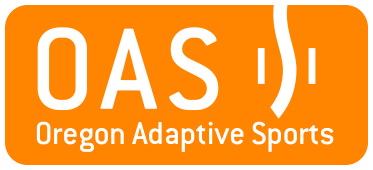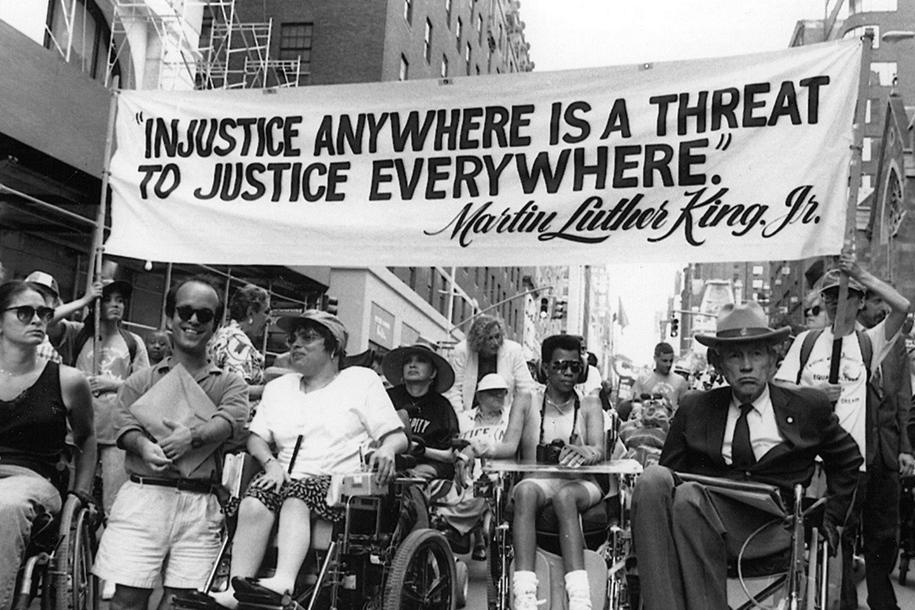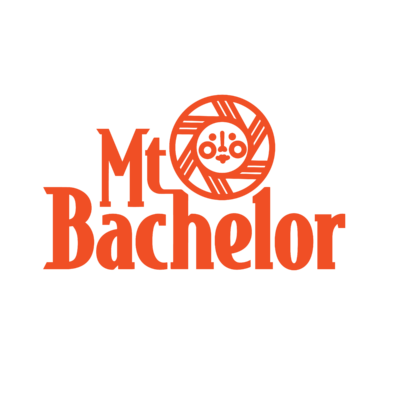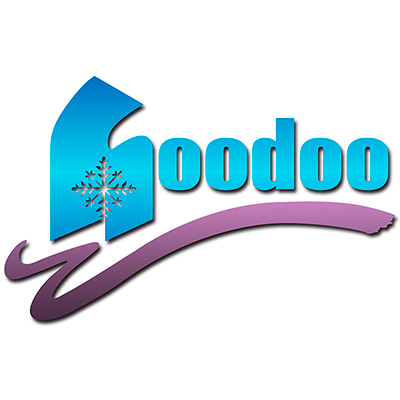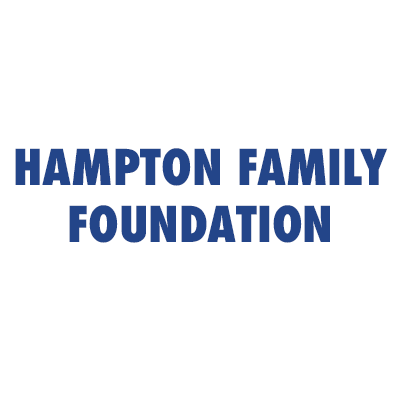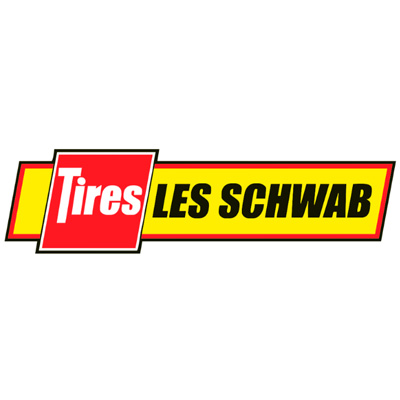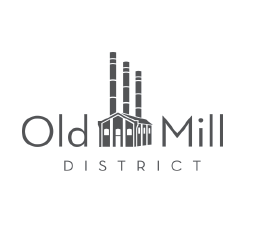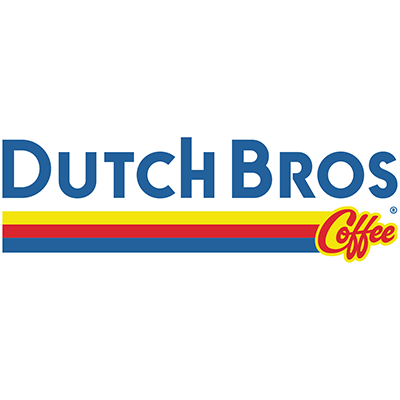Judith Huemann and the 30th Anniversary of the ADA
by Pat Addabbo
OAS Executive Director
“We have a right to be equal members of society no matter where we live.”
– Judith Huemann (pictured, front row 3rd from left)
This week marked the 30th anniversary of President George H.W. Bush signing into law the Americans with Disabilities Act. This legislation was a milestone in the progress of equal rights for Disabled Americans, figuratively, and in some cases literally paving the way towards increased access, recognition and opportunity for the largest minority group in the United States, one that comprises 20% of the population.
The ADA was the culmination of decades of activism. Led by a collection of strong and empowered voices that spoke out and took action against long standing discriminatory practices. But with celebration also brings a welcomed and heightened sense of focus on the work that still remains.
On Monday, July 26th, Judith Huemann, one of the most impactful and influential members of the Disability Rights movement, and John Wodatch, a high ranking Civil Rights lawyer, published an opinion piece in the New York Times that so well encapsulates this bittersweet occasion.
We strongly encourage you to read the full article here: https://www.nytimes.com/2020/07/26/opinion/Americans-with-disabilities-act.html?smid=em-share
Huemann and Wodatch explain:
“Yet just as many of the injustices that the Civil Rights Act aimed to eliminate are still very much with us, and still being resisted, the full promise of the Americans With Disabilities Act has yet to be realized. We are not yet where we need to be.”
At OAS, we recognize this same and simultaneous sense of progress and failing in our community and the greater outdoor industry. As referred to in the article, marketing (in our case specific to the outdoor industry) still vastly under-represents individuals with disabilities, usually far more so than other also marginalized populations, each of which also intersects with disability. Pick your favorite outdoor brand, venue, or destination and explore their content whether on their website, social media, or print material to view this problem for yourself (note there are some brands who have made an intentional and recent push for equal representation, efforts that we applaud).
Many OAS staff members, volunteers, and athletes participate in local and regional advocacy related committees. And while the voice and representation of the Disabled community is increasingly welcomed it is often still greatly misunderstood. The same challenges that existed 50 years ago during the fight for enforcement of section 504 of the rehabilitation act are still commonly heard today, statements like “it will cost too much” or “how many people will actually benefit?”
Much of these challenges stem from this continued lack of understanding and representation as Huemann and Wodatch explain:
“We live in every state and in every community; we are members of all social and racial and ethnic classes; we are present in most families. But we are still often subject to the same unthinking responses to emerging problems that ignore the needs, issues or concerns of disabled persons. In most cases, we remain an afterthought.”
Indeed, there is often a misunderstanding and miscommunication of the true purpose of the mission of Oregon Adaptive Sports. Too often the focus, admittedly of even our own marketing, is placed upon the triumph over a life-changing illness or injury. The resilience to overcome adversity and regain independence and confidence through sport. The message that no matter what life throws your way, you will find the resolve to bounce back and thrive once again.
But the truth is we do not instill the resilience and determination in the athletes that participate in OAS programs, they come to us with these traits, that is the human spirit we all have inside us. While it makes us feel good to celebrate these accomplishments, it can also distract from the real challenges and issues at hand.
At OAS, we are not helping individuals overcome their disabilities, we are working on breaking down the barriers that society places upon them that makes their lives more difficult than the non-disabled.
These barriers include:
- The lack of available and affordable adaptive sports equipment.
- The lack of available support required for many individuals to safely and successfully participate in outdoor sports. (i.e. a trained hiking guide for a individual with a visual impairment, 1:1 ski instruction for a child with a learning disability)
- The lack of accessible transportation to many trailheads and outdoor recreation venues.
- The astronomical entry costs of most outdoor sports.
- The lack of accessible outdoor recreation spaces and access to information about spaces that exist.
- The lack of inclusion in discussions and decisions involving disability in the outdoors.
- The continued lack of understanding and representation of individuals with disabilities within “mainstream” providers of outdoor recreation.
These barriers and our work to dismantle them is what your donation to OAS supports. It is the work towards which our volunteers give thousands of hours each year. And your participation as an informed and active member of our community truly makes a difference.
The ADA was and remains a huge piece of progress for the Disability Rights movement. But again, Huemann and Wodatch challenge us to go above and beyond the letter of the law:
“Our laws are important and they have formed the bedrock for our future. But the truth is, the A.D.A. was never intended to be the sole remedy for all the oppression and injustice disabled people face. It is just one tool. Our goal is to enact a broader, more nuanced approach, extending beyond the legal abolishment of discriminatory practices.”
OAS will continue its work as one tool in the ever-growing toolbox of equality for our friends, family, and neighbors with disabilities. OAS envisions a day where everyone has access to the benefits of outdoor recreation, regardless of ability. I hope you will continue to support us in this effort.
Sincerely,
Pat Addabbo
Additional Resources:
Oregon Health and Outdoor Initiative
Oregon Spinal Cord Injury Connection
Being Huemann (Judith Huemann Memoir)
Judith Huemann on The Daily Show
Crip Camp (A MUST watch on Netflix)
